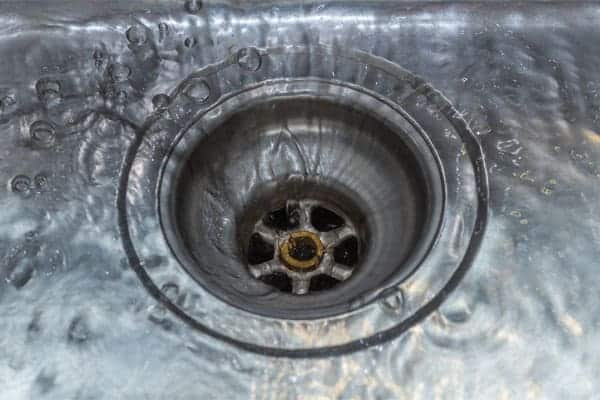
It is a common household issue that many of us have faced at some point – clogged drains due to grease buildup.
Grease, although seemingly harmless when poured down the drain, can be a silent assassin, causing significant plumbing problems over time. In this article, we’ll explore the process of grease accumulation, its effects on drains, and how you can prevent this pesky problem from wreaking havoc in your home. The Grease Conundrum Grease is a natural byproduct of cooking, and it’s tempting to rinse it down the drain with hot water, assuming it will magically disappear. However, as Keep Smiling Plumbing & Electric knows all too well, that couldn’t be further from the truth. Grease is notorious for causing stubborn clogs, especially when it cools and solidifies in the plumbing system. Timeline of Grease Accumulation Immediate
Effects:
Initially, pouring hot grease down the drain may seem harmless. The warm liquid appears to flow smoothly, but little do we know that it’s already beginning to coat the inside of the pipes. Early Stages: Within hours, as the grease cools down, it starts to solidify on the pipe walls. At this point, the grease may still be relatively soft, but it acts as a sticky trap for food particles and other debris, exacerbating the clogging process. Weeks to Months: As time passes, the grease buildup thickens, narrowing the pipe’s diameter, making it difficult for water to flow freely. Slow drainage becomes apparent, and you may notice water backing up in sinks, tubs, or showers.
Full-Blown Clog:
In a matter of months, if left unaddressed, the grease buildup can become a solid mass, obstructing the pipe entirely. This will lead to severe drainage issues and potential pipe damage, requiring professional intervention from Keep Smiling Plumbing & Electric. Effects of Grease Clogs Foul Odors: As grease accumulates and decomposes, foul-smelling odors emanate from the drains, permeating the entire household.
Bacterial Growth:
The trapped food particles and grease provide a breeding ground for harmful bacteria, posing health risks to your family. Costly Repairs: A fully clogged drain can lead to burst pipes or even sewer backups, necessitating costly repairs and potential property damage. Preventing Grease Buildup Dispose of Grease Properly: Allow grease to cool in a container, then dispose of it in the trash. Alternatively, consider recycling used cooking oil at designated collection points.
Use Strainers:
Install strainers in your sink and tub drains to catch food particles and prevent them from entering the plumbing system. Hot Water and Detergent: Routinely flush your drains with hot water and a grease-cutting detergent to prevent grease from solidifying inside the pipes.
Regular Maintenance:
Enlist the help of professionals like Keep Smiling Plumbing & Electric to conduct regular drain cleaning and maintenance to identify and address potential clogs before they become major problems.
Conclusion:
Kitchen sink grease clogs can be a frustrating and costly experience, but with proper awareness and preventative measures, you can avoid falling into this greasy trap. Remember, while Keep Smiling Plumbing & Electric is always here to assist you with any plumbing issues, it’s essential to take proactive steps in your daily routines to keep your drains flowing smoothly. By adopting responsible disposal practices and seeking regular maintenance, you can prevent grease from wreaking havoc in your home, ensuring a clog-free and happy household.









